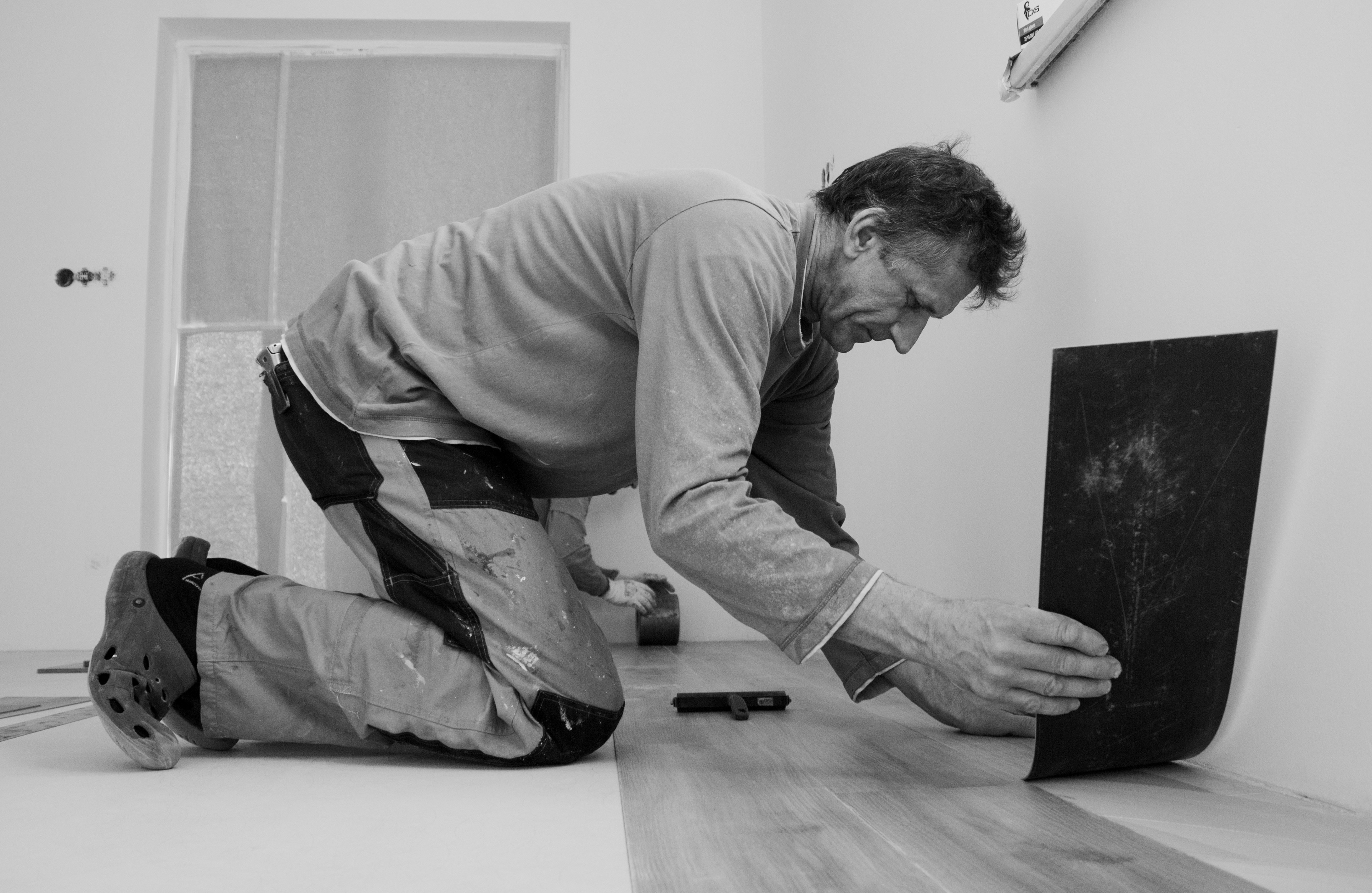Epoxy Flooring: A Comprehensive Guide to Types, Applications and Installation
Epoxy flooring is a durable and versatile option often used in garages, basements, and commercial spaces. Known for its glossy finish and resistance to stains, chemicals, and heavy traffic, it offers both strength and style, making it a practical choice for long-lasting floors.
Understanding Residential vs Commercial Epoxy Flooring
Residential and commercial epoxy flooring applications differ significantly in their requirements and specifications. Residential installations typically involve lighter foot traffic and moderate exposure to chemicals, making standard epoxy systems suitable for most homes. Commercial applications demand higher durability to withstand heavy machinery, constant foot traffic, and potential chemical exposure. The thickness of commercial epoxy floors often ranges from 2-3mm, while residential applications generally require 1-2mm coating thickness.
Different Types of Epoxy Flooring Finishes
Epoxy flooring comes in several finish options to suit various aesthetic and functional requirements. Self-levelling epoxy provides a smooth, seamless surface ideal for showrooms and retail spaces. Flaked systems incorporate decorative chips for enhanced slip resistance and visual appeal. Metallic epoxy finishes create striking three-dimensional effects popular in modern interiors. Anti-static epoxy systems are essential for environments with sensitive electronic equipment.
Epoxy Flooring for Garages and Basements
Garages and basements present unique challenges that epoxy flooring effectively addresses. These areas often face moisture issues, chemical exposure from vehicles, and temperature fluctuations. A properly installed epoxy system provides excellent resistance to oil, petrol, and other automotive fluids while creating a waterproof barrier that protects the concrete substrate. The addition of anti-slip additives enhances safety in these potentially hazardous areas.
Installation Process and Requirements
Professional installation ensures optimal performance and longevity of epoxy flooring systems. The process typically involves:
-
Surface preparation through shot blasting or diamond grinding
-
Repair of cracks and imperfections
-
Moisture testing
-
Primer application
-
Multiple coating applications
-
Curing time between layers
Cost Considerations and System Options
| System Type | Application | Cost per m² |
|---|---|---|
| Standard Epoxy | Basic garage/basement | £25-£35 |
| Decorative Flake | Residential/Light Commercial | £35-£45 |
| Self-Levelling | Commercial/Industrial | £45-£65 |
| Metallic Finish | Designer/Showroom | £55-£75 |
Prices, rates, or cost estimates mentioned in this article are based on the latest available information but may change over time. Independent research is advised before making financial decisions.
Maintenance and Longevity
Properly installed epoxy flooring systems can last 10-20 years with appropriate maintenance. Regular cleaning with pH-neutral cleaners helps preserve the finish. Periodic resealing may be necessary in high-traffic areas. The longevity of the system depends largely on initial installation quality, substrate preparation, and ongoing maintenance practices. Different environments and usage patterns will affect the maintenance schedule and ultimate lifespan of the flooring system.





